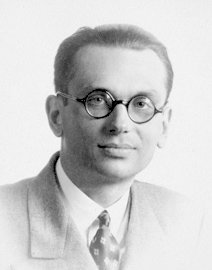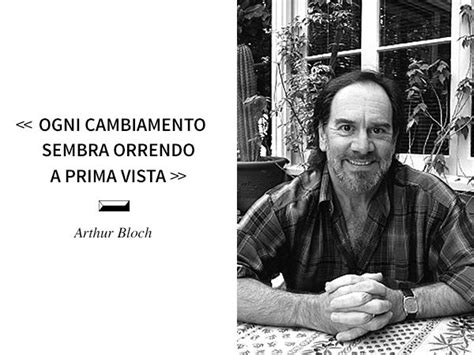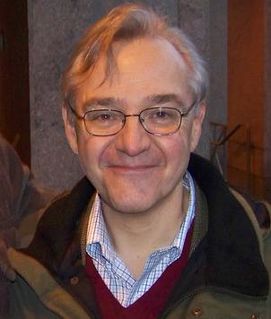A Quote by Kurt Gödel
Ninety percent of [contemporary philosophers] see their principle task as that of beating religion out of men's heads. ... We are far from being able to provide scientific basis for the theological world view.
Related Quotes
Certainly I see the scientific view of the world as incompatible with religion, but that is not what is interesting about it. It is also incompatible with magic, but that also is not worth stressing. What is interesting about the scientific world view is that it is true, inspiring, remarkable and that it unites a whole lot of phenomena under a single heading.
Music is, by far, the best art. Nothing even comes close. It's so immediate and emotional. In writing, maybe ninety percent of it is the unconscious and ten percent is control. In music, I think it's probably more like ninety-nine percent the unconscious. It's just a beautiful thing happening through you. And so, too, is writing a great story.
One of the great unresolved psychological enigmas of the modern western world is the question of what or who has persuaded us to accept as virtually axiomatic a self-view and a world-view that demand we reject out of hand the wisdom and vision of our major philosophers and poets in order to imprison our thought and our very selves in the materialist, mechanical and dogmatic torture-chamber devised by purely quantitative and third-rate scientific minds.
More and more it seems to me that the philosopher, being of necessity a man of tomorrow and the day after tomorrow, has always found himself, and had to find himself, in contradiction to his today: his enemy was ever the ideal of today. So far all these extraordinary furtherers of men whom one calls philosophers, though they themselves have rarely felt like friends of wisdom but rather like disagreeable fools and dangerous question marks, have found their task, their hard, unwanted, inescapable task, but eventually also the greatness of their task, in being the bad conscience of their time.
Ninety-nine percent of everything that goes on in most Christian churches has nothing whatsoever to do with the actual religion. Intelligent people all notice this sooner or later, and they conclude that the entire one hundred percent is bullshit, which is why atheism is connected with being intelligent in people's minds.
I think one reason is that philosophers are more insecure to speak accessibly because non-philosophers are skeptical that philosophers have any special expertise. After all, all people - not just philosophers - have attitudes and points of view on various philosophical questions, and they rather resent being told that there are professionals who can think about these things better.
This much I can say with definiteness - namely, that there is no scientific basis for the denial of religion - nor is there in my judgment any excuse for a conflict between science and religion, for their fields are entirely different. Men who know very little of science and men who know very little of religion do indeed get to quarreling, and the onlookers imagine that there is a conflict between science and religion, whereas the conflict is only between two different species of ignorance.




































